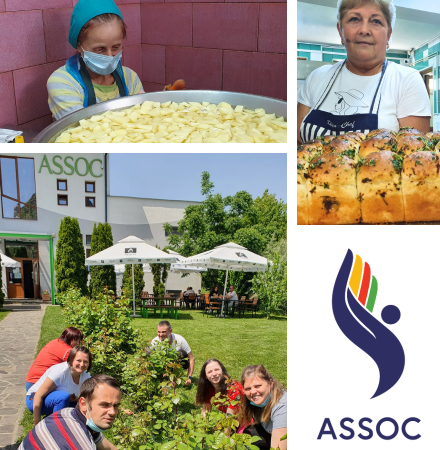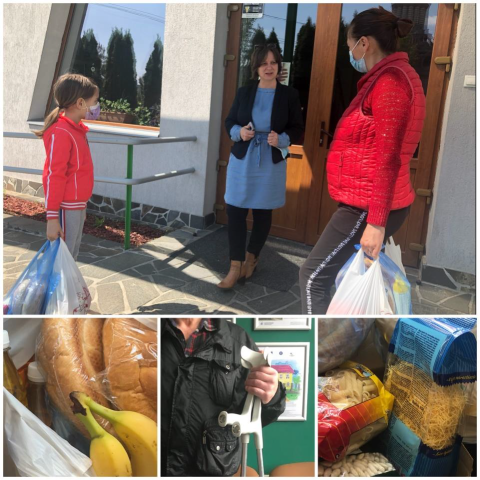
Social Restaurant ASSOC

About this good practice
ASSOC noted, as a problem to be addressed, the lack of employment opportunities and social inclusion of marginalized groups (long-term unemployed, people with disabilities, young people with no professional experience) and the lack of funding for individuals to encourage social economy structures.
The Social Restaurant ASSOC has created employment opportunities, as well as jobs tailored to the needs of people with disabilities, and in addition helped to their social inclusion.
The successful example of Baia Mare’s food unit was taken over at national level, and ASSOC helped create three similar units in Maramureș, Satu Mare and Arad counties.
As a grant administrator, ASSOC had the responsibility to monitor and achieve the proposed objectives/indicators, including those assumed by social enterprises, as well as to ensure the sustainability monitoring of these under the 'umbrella' of ASSOC.
The accomplishment was done through a dedicated department for social economy.
Key actors, the main stakeholders, involved include NGOs specialized in the social economy, public institutions responsible for social and employment policies, as well as social enterprises and private sector partners.
The beneficiaries of the practice are marginalized groups (persons with disabilities, elderly, young people leaving the child protection system, Roma, single-parent families) that receive support to develop their skills and access social economy employment or entrepreneurship opportunities.
Resources needed
The Social Restaurant was part of a project funded by the European Fund, with the amount of €170,000.
To ensure sustainability, ASSOC identified community needs and took the following steps: diversified the menu, created a dedicated area for vegan products and introduced catering delivery service.
Evidence of success
The Social Restaurant ASSOC is a successful model because become profitable from second year of operation and is now the leading local provider of catering services.
The increase in the number of employees (6 to 27), with the focus on integrating vulnerable individuals (16 people), highlights the restaurant's commitment to social inclusion.
The restaurant beneficiaries are individuals, businesses, educational institutions; 1155 average customers/month (871 individuals, 284 businesses).
Potential for learning or transfer
The model of Social Restaurant ASSOC is an example for potential implementation in other regions. Its success in achieving long-term sustainability and adapting to market dynamics highlights the feasibility of replication, learning and transfer.
The expansion to additional locations is a tangible evidence of potential transfer, of efficient integration of vulnerable people.
Further information
Images
Documents
Website
Good practice owner
You can contact the good practice owner below for more detailed information.

